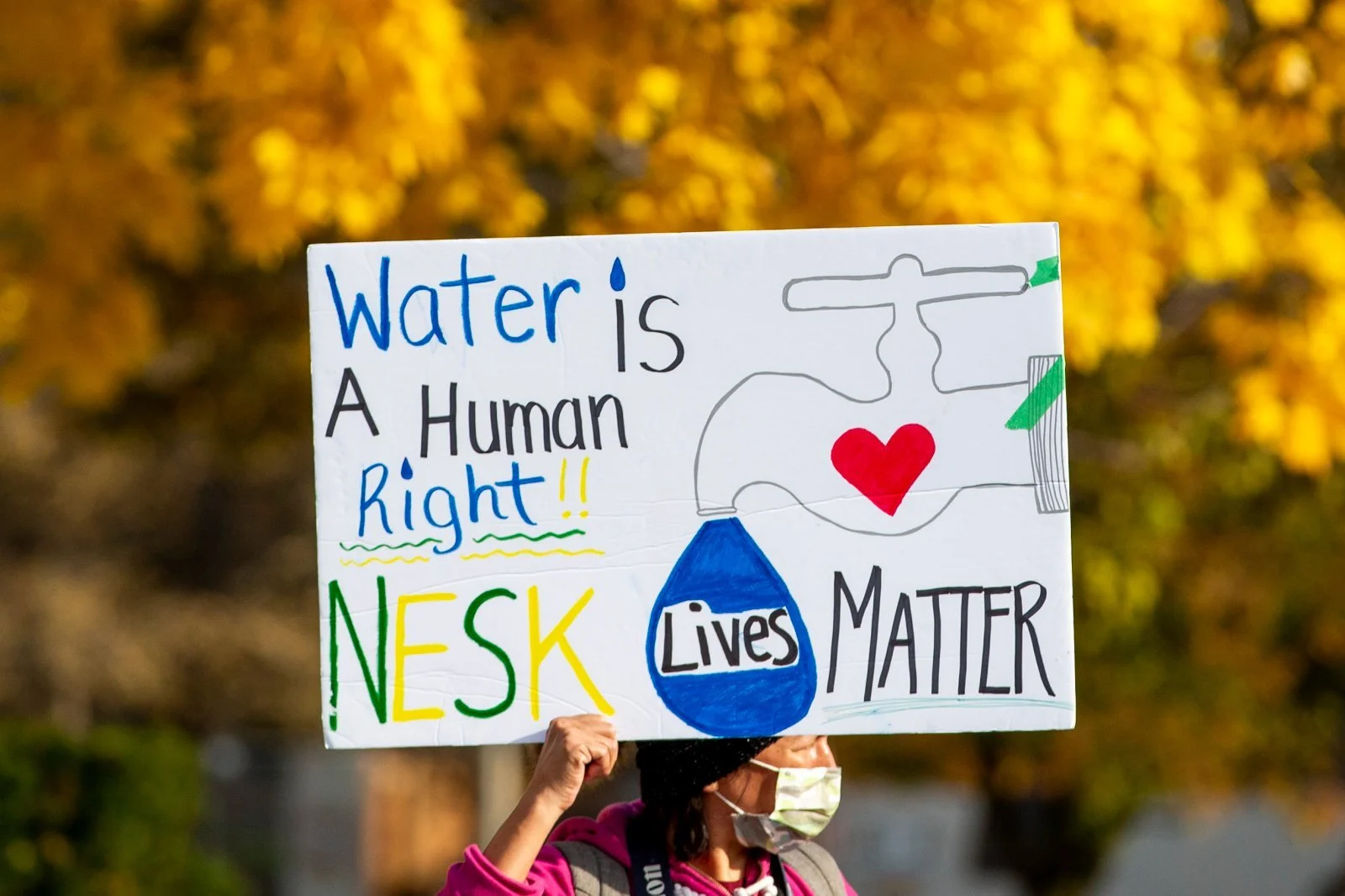Across Canada, 29 Indigenous communities remain under a boil water advisory. Before residents in those communities can brush their teeth, drink a glass of water, cook food, or have a shower, they have to put water in a pot, bring it to a rolling boil, and let it cool — just so they don’t get sick performing many of these everyday activities. Under a commitment by the federal government to permanently eliminate all boil water advisories, 132 have been lifted in the last seven years. But until every Canadian has access to clean, potable drinking water, there is still much work to do, said Steph Romaniuk, faculty in the School of Environmental Studies at Canadore College in North Bay.
Water is a human right: Advocacy group dives into water crises affecting Indigenous populations
For most people, this simple routine is so commonplace that we take it for granted. But for 38 Indigenous communities across Canada, this is not the reality. The water they need for drinking, washing and bathing must first be boiled for at least one minute until it is safe to use. “I think water should be the right of all our people, regardless of how many people are living on a certain reserve. If there is an accessible water source then they should be doing what they can to provide potable drinking water for that community,” says Warren Brown, manager of Lytton First Nation O&M Department Operation.
First Nations workers in Sask. sacrifice wages, vacation to run underfunded water systems
Rebecca Zagozewski is the executive director of the Saskatchewan First Nations Water Association, a non-profit organization that works to build First Nations’ capacity to take care and control of their own water services. She says recruitment and retention of water treatment plant operators is a “real problem” on Saskatchewan First Nations, largely because they often can’t pay operators competitive wages.
How colonial systems have left some First Nations without drinking water
Rebecca Zagozewski, executive director of the Saskatchewan First Nations Water Association, said she has seen contractors save on costs when building water treatment plants on reserves by using obsolete parts and failing to include maintenance manuals, ventilation or chemical rooms, and bathrooms. “Engineering companies will put in their bids obviously as low as they can go,” said Zagozewski.
Former Neskantaga contractor accused of cutting corners in other First Nations
“They cut corners every day, every day,” said Justin Gee, vice-president of First Nations Engineering Services Ltd. Gee said he encountered these recurring problems while overseeing the work of a construction firm, Kingdom Construction Limited (KCL), building a water treatment plant 10 years ago in Wasauksing First Nation, along the eastern shore of Georgian Bay, about 250 kilometres north of Toronto. “You have to be on them every step of the way,” said Gee, who was the contract administrator on the project. “You can’t leave them on their own.”
After three months without water, the taps are running again in Big Grassy River First Nation
Water is flowing through the taps once again in Big Grassy River First Nation after three months without consistent, potable water. However, the current water is untreated and coming directly from Lake of the Woods as the community waits for repairs to the water filtration system. The result is that community members have had to go to the beach to collect water for basic sanitation needs, and buildings have been shuttered and the school remains closed to students until a running, drinkable water service is restored.







